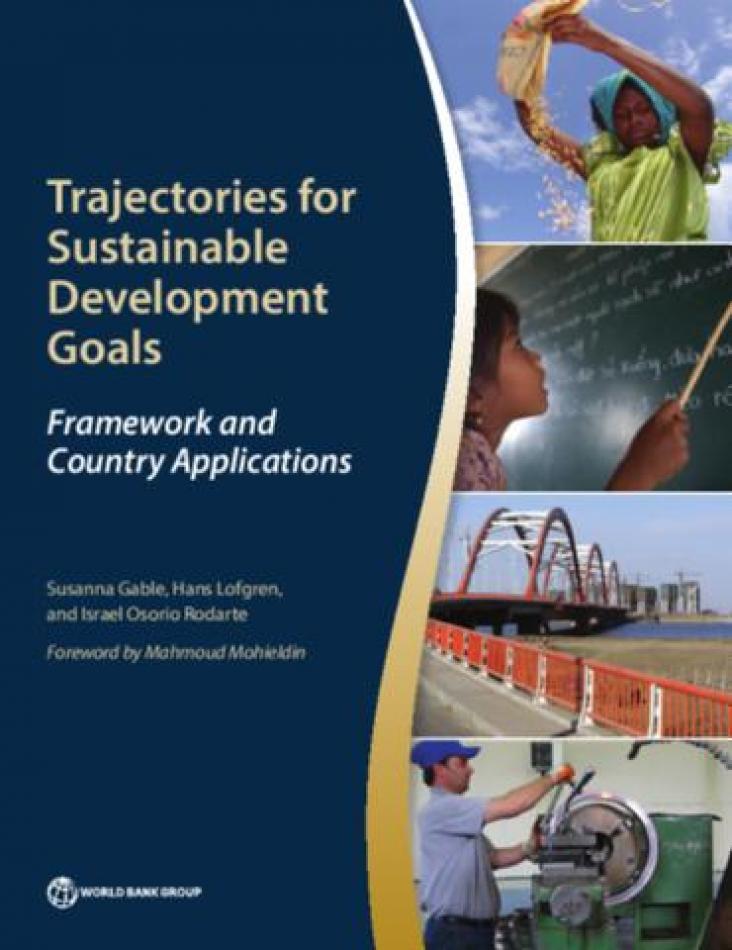This paper presents a new demographic profile of extreme and moderate poverty, defined as those living on less than $1.90 and between $1.90 and $3.10 per day in 2013, based on household survey data fr
A human-centered design thinking approach has been applied to a course at the MIT D-Lab on creating low-cost prosthetic and assistive devices for the developing world.
Global sustainability problems pose serious challenges for humanity. In handling these problems education for sustainable development (ESD) is seen as important.
In the past 50 years, significant progress in women's equality has been made worldwide.
Background West Africa has the highest proportion of married adolescents, and the highest adolescent childbirth rate and maternal death rate in sub-Saharan Africa.
RELX Group has published a new analysis, conducted by Elsevier, on SDG4: Quality education. This new graphic builds on Elsevier’s 2015 Sustainability Science in a Global Landscape Report, and its 2017 update Sustainability Science in graphic form. Looking specifically at SDG 4, this graphic provides insight into peer-reviewed research on education as related to the themes of the goal.
With over 700 million illiterate adults worldwide, governments in many developing countries have implemented adult literacy programs.

The aim of the conference is to examine the evolving expectations, available solutions, measurements and best practices associated with the optimization of research strategies. The theme of the 2017 conference will be "Universities and the Power of Data — Science for a Sustainable Society" and will focus on crucial areas such as sustainability, diversity, and the Power of Data in research. The event helps to advance SDG 4 Quality education and SDG 10 Reduced inequalities.

This book presents the country development diagnostics post-2015 framework, developed by the World Bank Group to assess the country-level implications of the post-2015 global agenda, as well as brief, ‘at-a-glance’ applications of the framework to ten countries: Ethiopia, Jamaica, the Kyrgyz Republic, Liberia, Nigeria, Pakistan, Peru, the Philippines, Senegal, and Uganda.
Elsevier published Sustainability Science in a Global Landscape which analysed the sustainability science research according to six themes: Dignity, People, Prosperity, Planet, Justice, and Partnership. Key data has since been updated covering 2011 to 2015 for the top 15 countries in sustainability science output.
